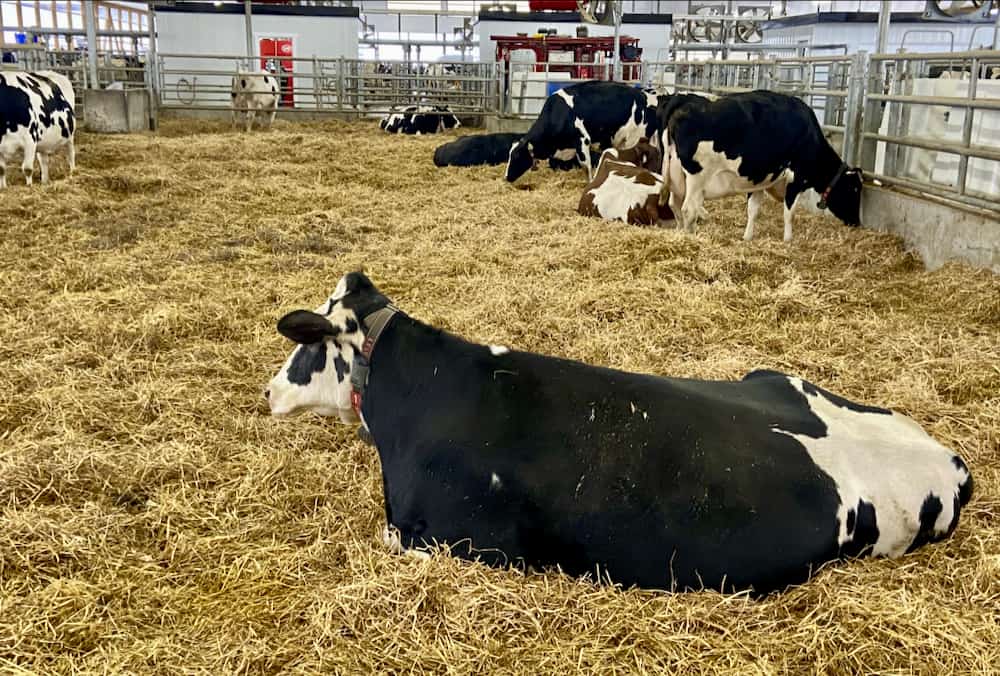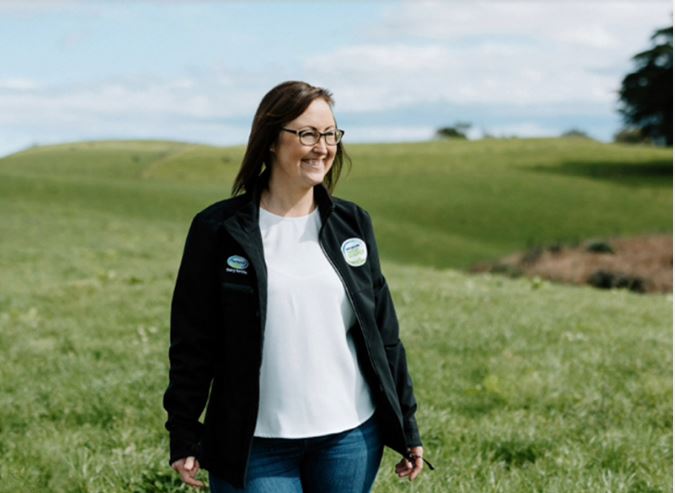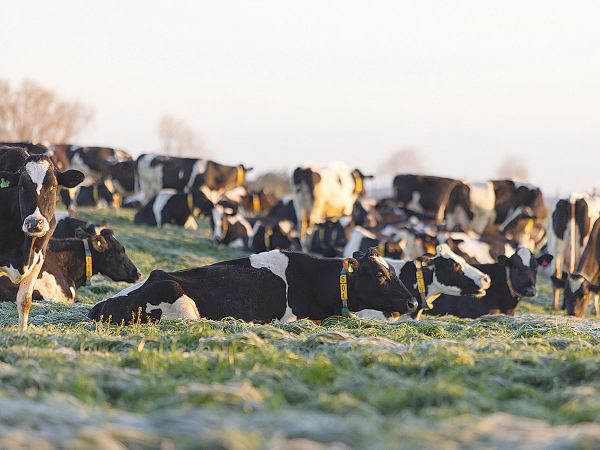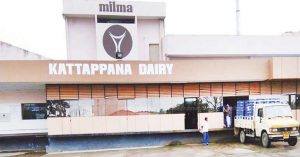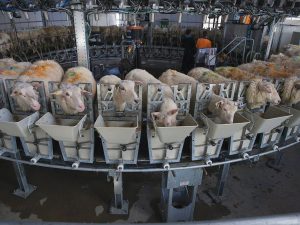A new research collaboration at McGill University and the University of Quebec in Montreal will explore the role of artificial intelligence in promoting dairy cattle welfare.
The project aims to create “a digital living lab to link animal welfare and dairy farms’ profitability.”
Why it matters: An updated Code of Practice for the Care and Handling of Dairy Cattle will come into effect on April 1, 2024, with new requirements for how farmers manage dairy cattle.
The creation of the Research and Innovation Chair in Animal Welfare and Artificial Intelligence — referred to as “WELL-E” — was announced April 19. It will be led by Elsa Vasseur of McGill’s Department of Animal Science and Abdoulaye Baniré Diallo of UQAM’s Department of Computer Science.
“Our research will allow us to assess how modifications to the cow’s physical environment and management impact welfare and longevity outcomes, and how the digital environment enhances end users’ abilities to improve the cow’s physical and psychological experience while giving new keys to the dairy industry for ensuring its sustainability,” says Vasseur.
It will focus on “the use of AI and Internet of Things (in) allowing for earlier detection of changes in cow welfare and longevity, before the onset of visible signs.”
Research will help balance the demand for greater animal welfare with the economic sustainability of dairy farmers, says the news release.
From 2016-21, Vasseur served as the Industrial Research Chair on Sustainable Life for Dairy Cattle through a $1.72 million initiative supported by Dairy Farmers of Canada, Lactanet and Novalait, a private research agency jointly owned by dairy producers and dairy processors in Quebec.
That initiative used records from 120 Quebec dairy farms to track the impacts of first-lactation lameness and incidence of mastitis on cow productivity and farm profit.
The Sustainable Life for Dairy Cattle work “has generated concrete solutions to optimize stall comfort.
Thank you for taking up the challenge of using artificial intelligence in a living laboratory of commercial farms to improve the longevity and well-being of dairy cattle,” said Novalait managing director Elise Gosselin.
The new five-year, $5-million WELL-E initiative has a broader funding base. It includes Novalait, DFC and Lactanet but also Dairy Farmers of Ontario and Les Producteurs de Lait du Québec and federal government support from the Science and Engineering Research Council and the Ministry of Economy, Innovation and Energy.
The first step will be a pilot project on two research farms, one each in Quebec and Ontario, but according to the news release “will quickly be expanded to a network of over 100 farms across the two provinces, creating a digital living lab centred on animal and dairy producers’ needs.”
Vasseur said the initiative’s focus on animal welfare will allow for the development of key performance indicators.
“The WELL-E initiative brings to life our vision that animal welfare and technologies are catalysts for both human and animal well-being as well as agricultural sustainability as a whole,” she said.

